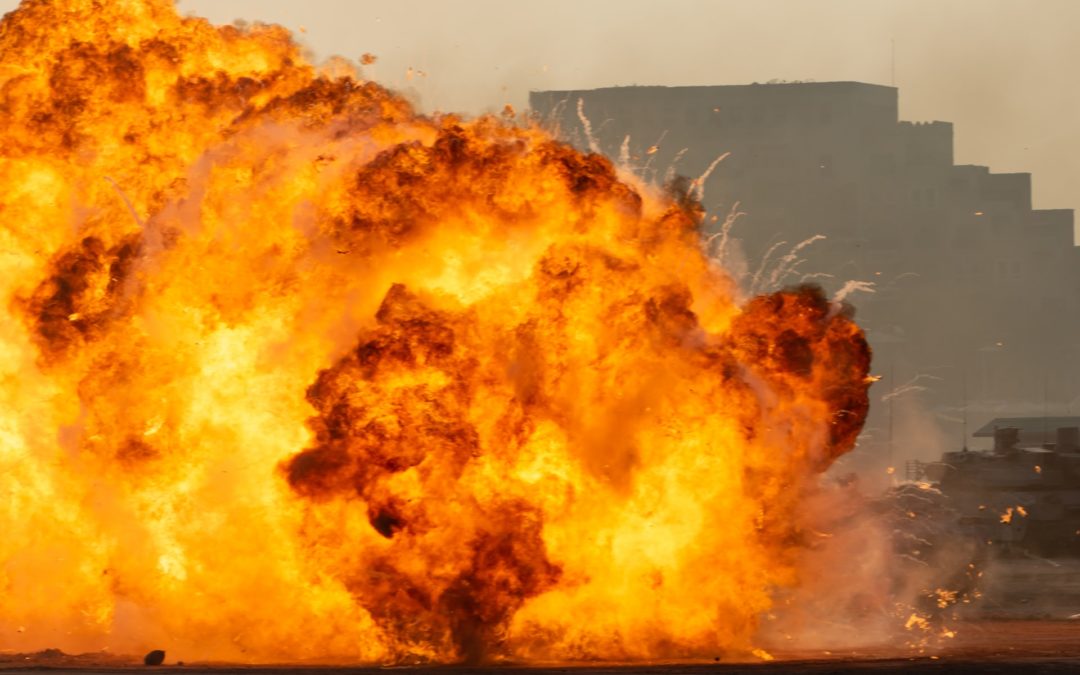Policing and domestic terrorism are topics many people assume are dealt with just by the FBI. It should be a topic in every police department’s strategic plan. There is no one size fits all target for domestic terrorism. If you have a reservoir, communications hub, power plant, major bridge or tunnel, major league sports facility, or concert venue, you may want to think about domestic terrorism.
To many, the idea of domestic terrorism sounds absurd. Traditionally, terrorism has been used to describe violent acts motivated by some sort of political or religious agenda. Theses acts are meant to influence governmental policies and sway public opinion by inspiring fear in the masses. Most people don’t think we have domestic terrorists. But there’s no doubt that some forms of violence have a dramatic effect on society and the people around you.
The statistics surrounding terrorism
The 2013 Congressional Research Service report says that since 9/11, law enforcement agencies have thwarted 45 terrorist plots in the United States. Of those plots, 12 were classified as domestic terrorism—the category that includes all attacks within U.S. borders carried out by groups or individuals inspired by a U.S.-based movement such as white supremacists and anarchists, and not just foreign-based organizations like al Qaeda and ISIS. Depending on what happens with the Jan 6 committee, there may be more to add to that list.
The role of police in preventing domestic terrorism
The police are a first line of defense against domestic terrorism. The knowledge and experience that a local law enforcement officer has in dealing on a daily basis with criminals allows them to quickly spot a potential terrorist. These law enforcement officers also have many years of training. This provides them expertise in detecting suspicious behavior and activities that would not necessarily be noticed by members of our communities. When it comes to intelligence gathering and counter-terrorism tactics, police are essential for protecting citizens in local communities.
Be Aware
Unfortunately, many Americans are still unaware of just how violent domestic terrorism has become and what it’s doing to our communities. Homegrown extremist movements and individuals have killed at least 372 people in America since September 11, 2001. This is more than twice as many as have been killed by jihadists. The attacks are becoming more deadly too. Since 2014, attacks by antigovernment groups and white supremacists have claimed 17 lives, including those of nine police officers.


